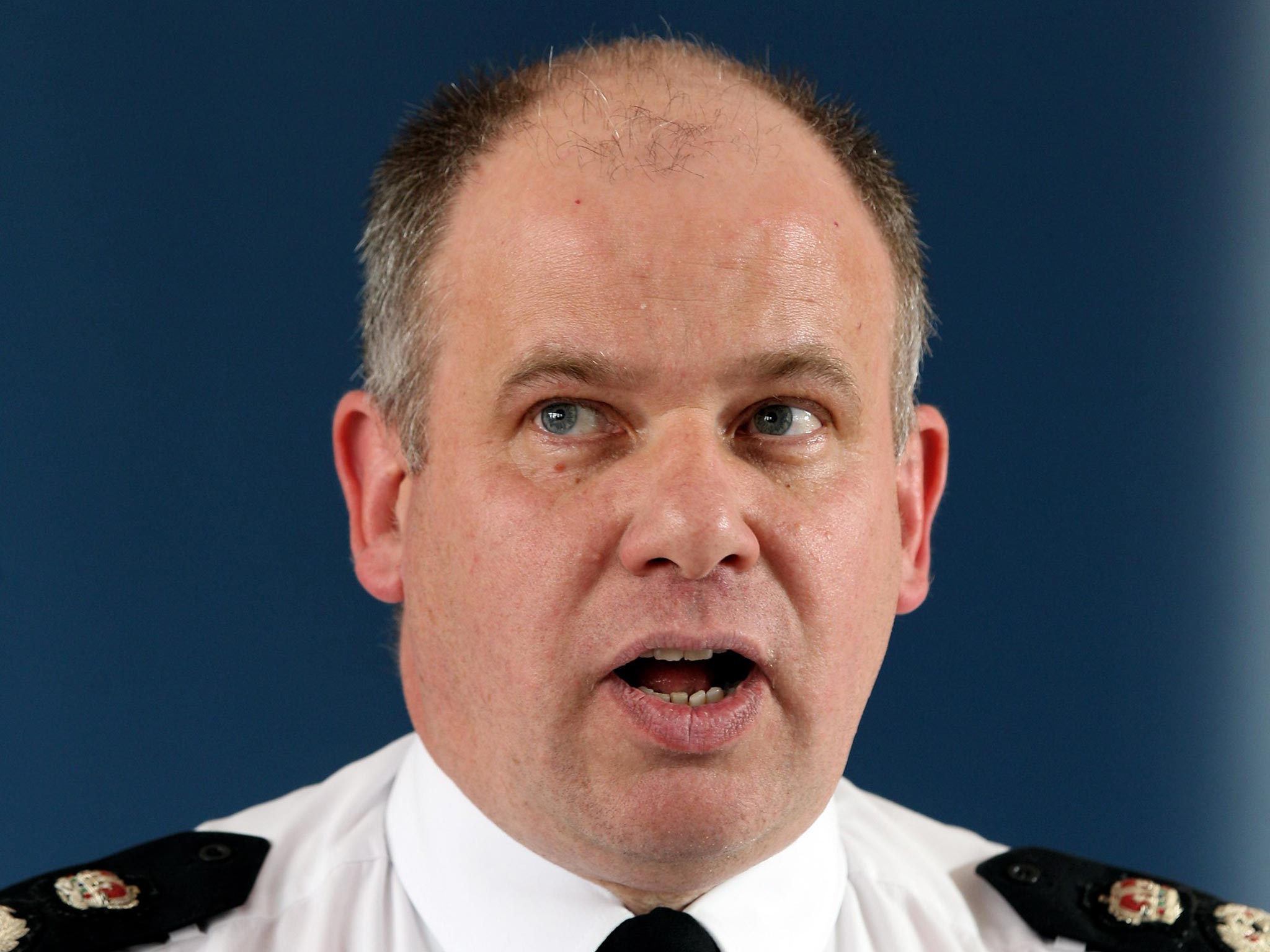Police chief Craig Mackey was abroad during discredited Stephen Lawrence review
A 2012 report by the Met was not seen by the man who commissioned it

The police chief in charge of a discredited review of the Stephen Lawrence murder has said he was “out of the country” when it was rewritten by unnamed senior officers.
Craig Mackey, deputy commissioner of the Metropolitan Police with overall command of corruption investigations, apologised for a report he commissioned two years ago which dismissed claims that a notorious detective had been in a corrupt relationship with the gangster father of one of the killers.
A major review of the landmark case, published by the Home Secretary earlier this month, concluded Scotland Yard provided “misleading reassurance” over police malpractice in the Lawrence case and found a 2012 Met report to be “ill-judged”.
Mark Ellison QC also revealed that the author of the report, Detective Superintendent David Hurley, had told his inquiry he had “little or no editorial control” over the contents, which had been forwarded on to senior officers “for consideration”.
In an appearance before the London Assembly’s Police and Crime Committee, Mr Mackey was asked about the 2012 review. Green Group leader Jenny Jones said: “I understand a junior officer produced the report and it was rewritten by a senior officer.”
Mr Mackey replied: “That is being looked at. I have got to be very careful. I was out of the country…”
Ms Jones said: “Which department rewrote it?” He replied: “I have got to be really careful I don’t step into an area that is being reviewed.”
Mr Mackey, who confirmed there were two different versions of the report in circulation, replied: “One of the weaknesses of police culture is when we are under critique we look inwards and I am not sure that is the strongest thing we should do … I commissioned the 2012 review and I take responsibility for it. It was published when I was away. I absolutely accept the criticisms.”
The Met’s second in command was also questioned about the “mass shredding” of Operation Othona, a top-secret corruption investigation from the 1990s that may have contained intelligence on the murder of Stephen Lawrence, who was stabbed to death by a racist gang in 1993.
Mr Mackey said the files – described as “gold dust” by one senior officer – had been mysteriously destroyed after they were transferred on to an electronic database. A “catastrophic” computer failure affecting the database in 2005 means they may now be lost for ever. He admitted some of the Othona files may still be on a memory stick called “Bawdsey” that had been found in a cupboard last year. The digital files were currently being assessed by an independent forensic expert, Mr Mackey said.
He was also questioned about Operation Zloty, a “long-term intelligence development operation” revealed by The Independent, which includes information on police corruption originally gathered by 17 other investigations – including Operation Othona.
Mr Mackey said he hadn’t read Zloty and did not answer whether or not it had been disclosed to Mr Ellison. Ms Jones asked: “Do you know if its files still exist or whether it has been shredded as well?” Mr Mackey replied: “I don’t know.”
Proceedings were interrupted by Boris Johnson, who arrived 10 minutes late and started accusing assembly members of “talking total rubbish” about undercover police officers, a subject which had not yet been raised.
